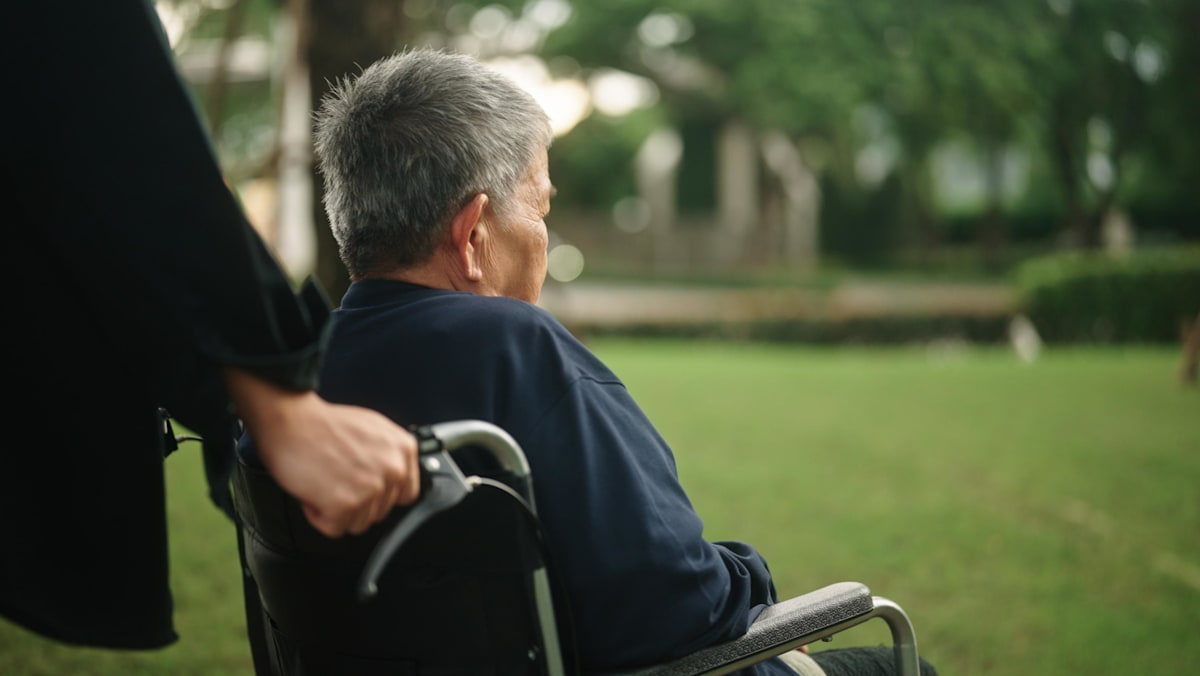Responding to MPs’ concerns about affordability, Dr Koh gave assurances that no one will lose CareShield Life coverage due to an inability to afford premiums.
He added that lower and middle-income policyholders will see even smaller premium increases, as they will enjoy further subsidies.
On questions on premium affordability for women, Dr Koh said gender is a “relevant factor” for CareShield Life as the key parameters that affect long-term care insurance claims, such as lifespan, duration and likelihood of disability, vary between men and women.
He added that women tend to live longer than men and are likely to develop severe disability, and are therefore more likely to stay in disability for a longer period.






